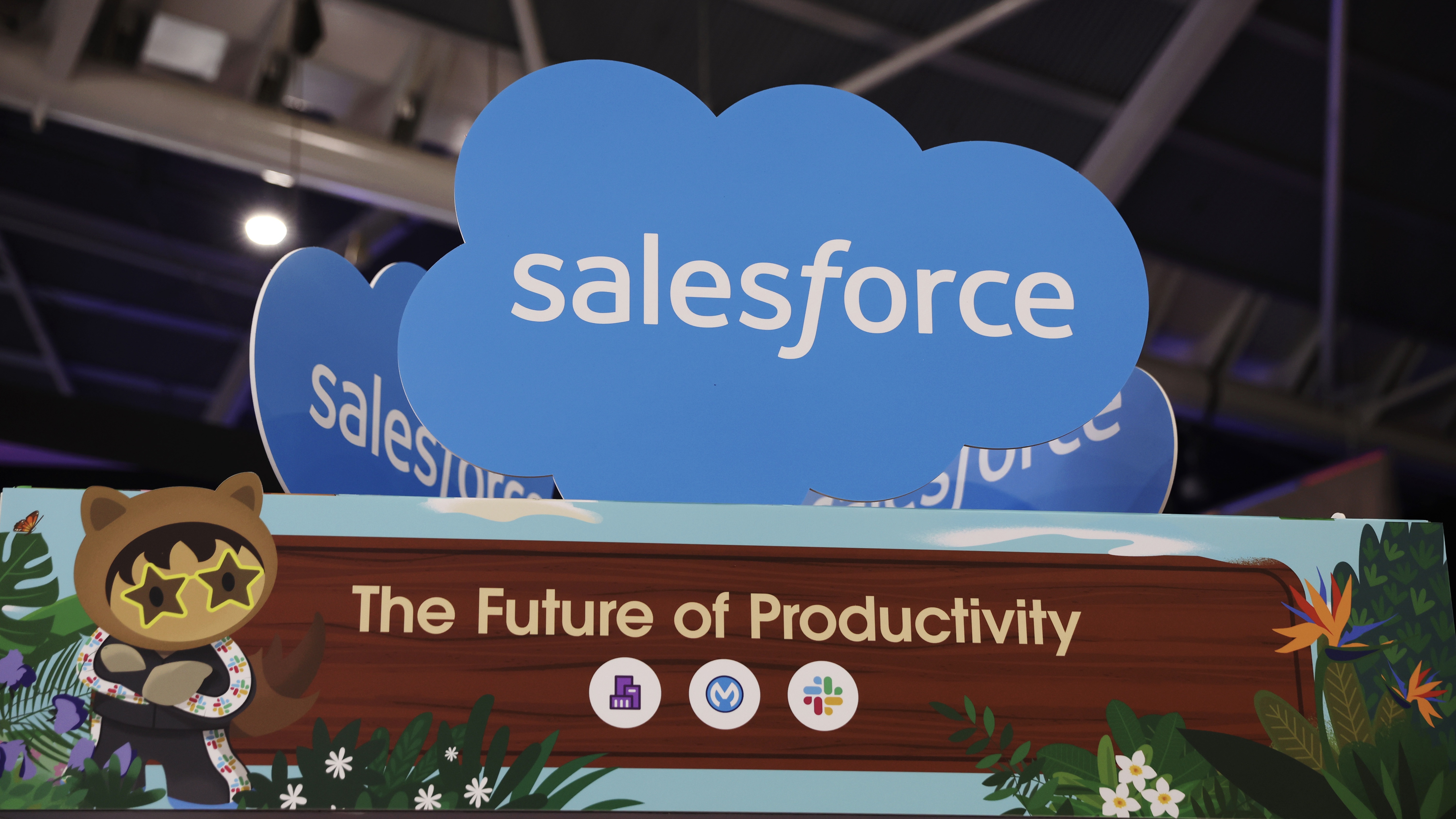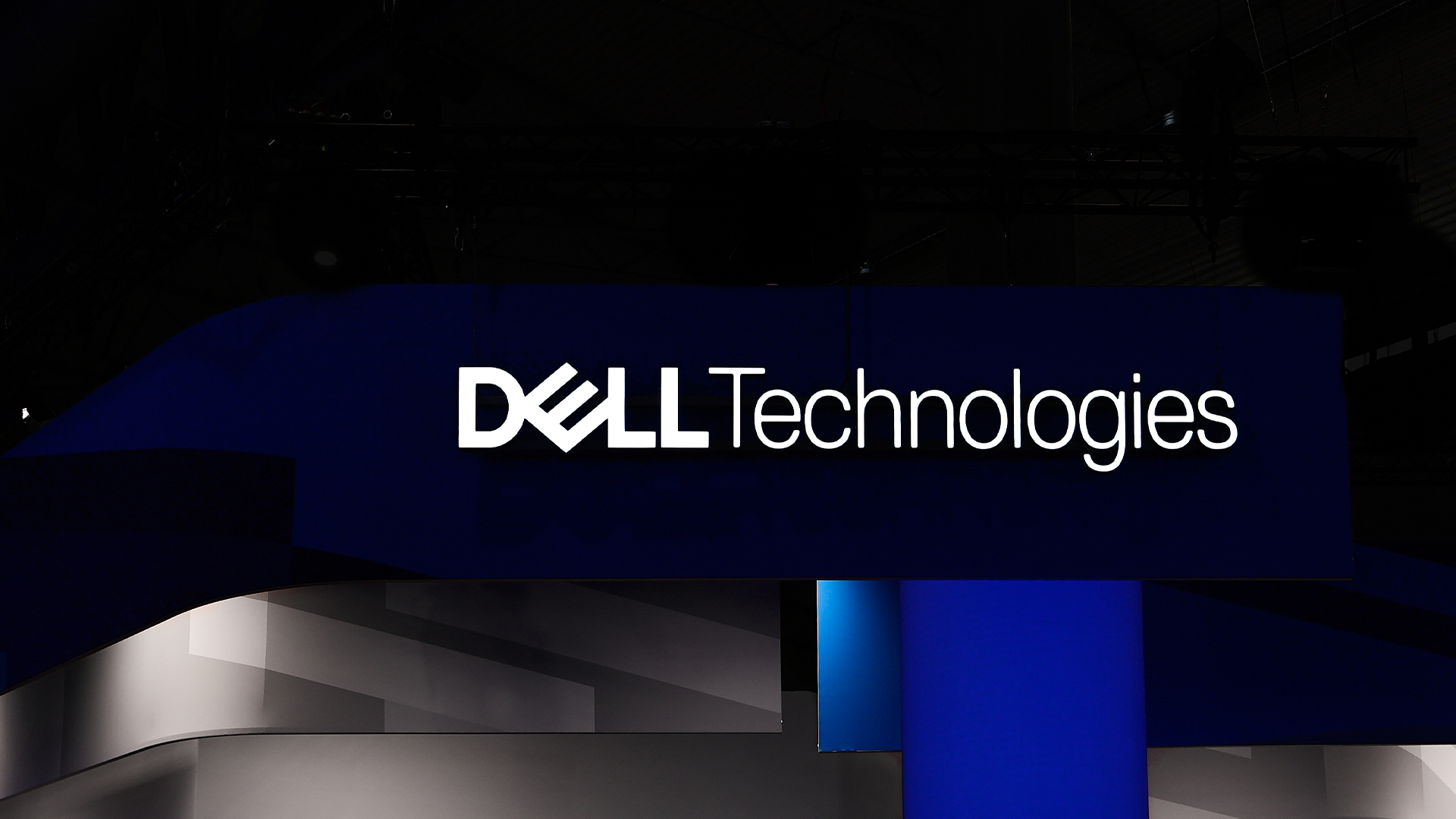Salesforce wants to show what “AI was always meant to be” – Dreamforce 2024 is its chance to do it
Salesforce thinks you’ve been oversold on the promise of generative AI, but it’s got something up its sleeve to deliver real value


Hundreds of billions of dollars have been spent on generative AI to date, with a plethora of competing powerful AI models rolled out, and countless claims of ‘supercharged’ productivity gains for enterprises and workers alike.
All told, 2023 was dominated by hyperbole and the tech industry’s new fixation utterly saturated the news cycle. Providers have grappled with how to actually package and sell the tech but there was hope that 2024 would see it all come together.
There are faint glimpses of hope but, given the sheer volume of investment, flickers of light on a foggy, uncertain path might not cut it. Worse still, there is a sense that many big providers are just swamping customers with shiny tools and not delivering the true value users expect.
It’s an issue Salesforce CEO Marc Benioff noted in a press briefing ahead of Dreamforce 2024, the CRM giant’s annual conference in San Francisco.
Benioff was highly vocal about generative AI’s promise and pitfalls in the run-up to last year’s conference, firing broadsides left and right at industry peers over serious topics such as data privacy, the risk of hallucinations, and security.
Naturally, Salesforce positioned itself as a trusted go-to partner for enterprises in this regard. In fairness, it’s maintained a solid reputation on those fronts for several years.
But one year on, rather than focusing on the dangers of the nascent technology, the company is instead focusing on the risk of failing to capitalize on its use – or at least, playing a part in its natural evolution.
Get the ITPro daily newsletter
Sign up today and you will receive a free copy of our Future Focus 2025 report - the leading guidance on AI, cybersecurity and other IT challenges as per 700+ senior executives
“We know [customers] have been sold a lot of ideas and concepts of AI over the last several years, and in many cases customers have been oversold,” he told assembled journalists. “They’re doing all kinds of things, but not getting the results they want.
“We read about it in the press, the $300 billion spent on AI, but where are the actual tangible customer values?“
2023 was always going to be the ‘non-starter’ year for generative AI. Many large companies such as Google, for example, were left scrambling at the beginning of the year to catch the lead struck by Microsoft and OpenAI.
After less shaky start to 2024, returns on investment (ROI) in generative AI are beginning to show up. Recent research from Google Cloud reveals that 74% of firms are already generating some value from the technology. As many as 86% said they’ve received a revenue boost of around 6% or more as a result of implementing generative AI within their respective operations.
However, other headline-grabbing developments in AI uptake have been less positive. In a press briefing ahead of Dreamforce 2024, Benioff cast doubt on claims by buy now pay later firm Klarna that AI will allow it to cease its use of Salesforce and Workday.
Benioff’s comments throw light on the false promises associated with AI – and invite us to draw contrast between these and Salesforce’s own solutions rooted in the technology.
Living up to the hype with autonomous AI
While competitors may have been ‘overselling’ AI to customers, can Salesforce truly claim exception to the rule?
Last year’s key focus was centered firmly around updates to its Einstein AI assistant, weaving intuitive generative AI features throughout the tool which initially launched in 2016.
This sweeping update bore all the hallmarks of generative AI hype we’ve seen from competitors though. Bold claims about conversational AI capabilities, new features, new functionalities. You know the drill with marketing in the age of AI.
This year, however, Salesforce appears to have a renewed focus. Dreamforce 2023 was all about generative AI, this year it’s about ‘autonomous AI’, as Benioff puts it.
AgentForce will consist of three key tools; Agent Builder, Model Builder, and Prompt Builder, all of which will contribute to helping enterprises create AI agents capable of taking actions on their own.
Salesforce isn’t interested in chatbots. Agents, it seems, are the way forward for the firm.
It’s an ambitious strategy, and in fairness feels like somewhat of a ‘natural’ progression given the last 18 months or more have been centered around throwing tools into people’s laps and waxing lyrical about productivity.
Building powerful, curated agents for specific purposes that can act autonomously very aligns with the wider potential for generative AI: Lightened workloads and the ability to get on with the day job while your bot picks up the slack. Better still, if it’s not performing quite correctly, you’re able to jump in and take the reins.
AgentForce has been in a pilot phase for six months already, and appears to have delivered real, tangible results for customers, if the claims of Benioff and senior staff at the press briefing are to be taken at face value.
There’s nothing to suggest they’re overhyping this, though. The company has been on an acquisition spree over the last year – all of which appears to be geared at strengthening its positioning in the generative AI space and expanding its capabilities.
In September last year, Salesforce acquired Airkit.ai, a company that allows users to build no-code customer service agents. This acquisition might not have marked the starting gun in its autonomous agents push, but it most certainly contributed to the strategy.
August this year saw it acquire point-of-sale (POS) startup PredictSpring, and within the last two weeks it penned two major agreements. On 5 September, Salesforce announced it had acquired data management and protection solutions provider, Own Company, as part of a $1.9 billion deal.
Big money, and the biggest acquisition for the firm since it acquired Slack in 2021.
But the acquisition of Tenyx is another point of particular interest and makes perfect sense given its modus operandi. The firm develops AI-powered voice agents, and upon completion of the deal will be integrated within its AgentForce Service Agent segment.
This flurry of activity shows Salesforce certainly has something brewing.
We can expect that Salesforce will argue the case that its autonomous AI approach is the natural evolution of the generative AI race next week. If that messaging resonates with enterprises, then it’s clear the company has all the foundations laid for a big year ahead.

Ross Kelly is ITPro's News & Analysis Editor, responsible for leading the brand's news output and in-depth reporting on the latest stories from across the business technology landscape. Ross was previously a Staff Writer, during which time he developed a keen interest in cyber security, business leadership, and emerging technologies.
He graduated from Edinburgh Napier University in 2016 with a BA (Hons) in Journalism, and joined ITPro in 2022 after four years working in technology conference research.
For news pitches, you can contact Ross at ross.kelly@futurenet.com, or on Twitter and LinkedIn.
-
 Microsoft just hit a major milestone in its ‘zero waste’ strategy
Microsoft just hit a major milestone in its ‘zero waste’ strategyNews Microsoft says it's outstripping its zero waste targets, recording a 90.9% reuse and recycling rate for servers and components in 2024.
By Emma Woollacott
-
 Dell names Lisa Ergun as new Client Solutions Group channel lead for the UK
Dell names Lisa Ergun as new Client Solutions Group channel lead for the UKNews Dell Technologies has announced the appointment of Lisa Ergun as its new Client Solutions Group (CSG) channel lead for the UK.
By Daniel Todd